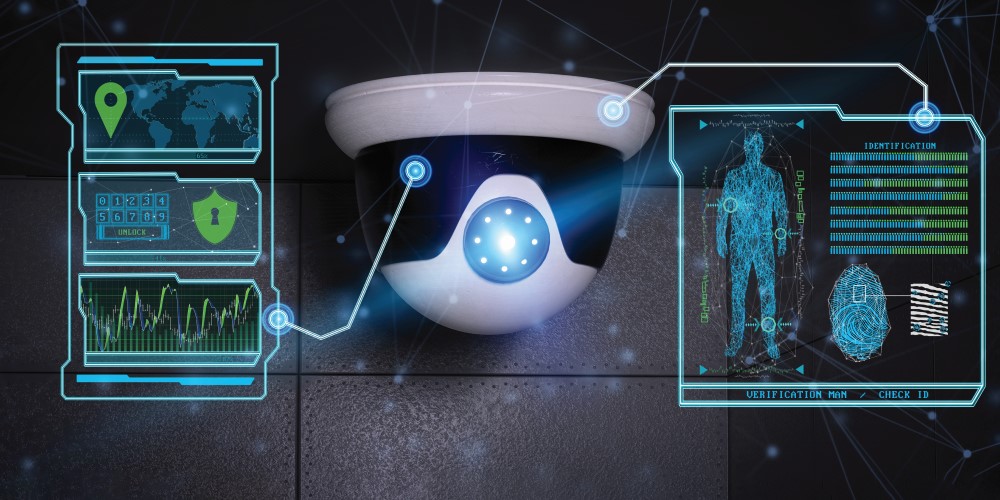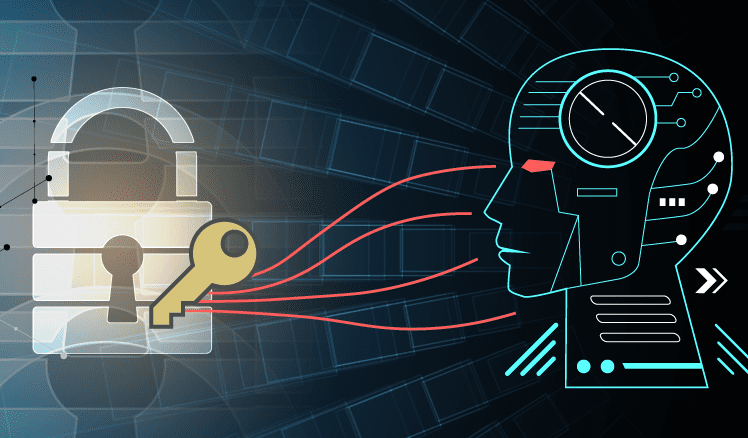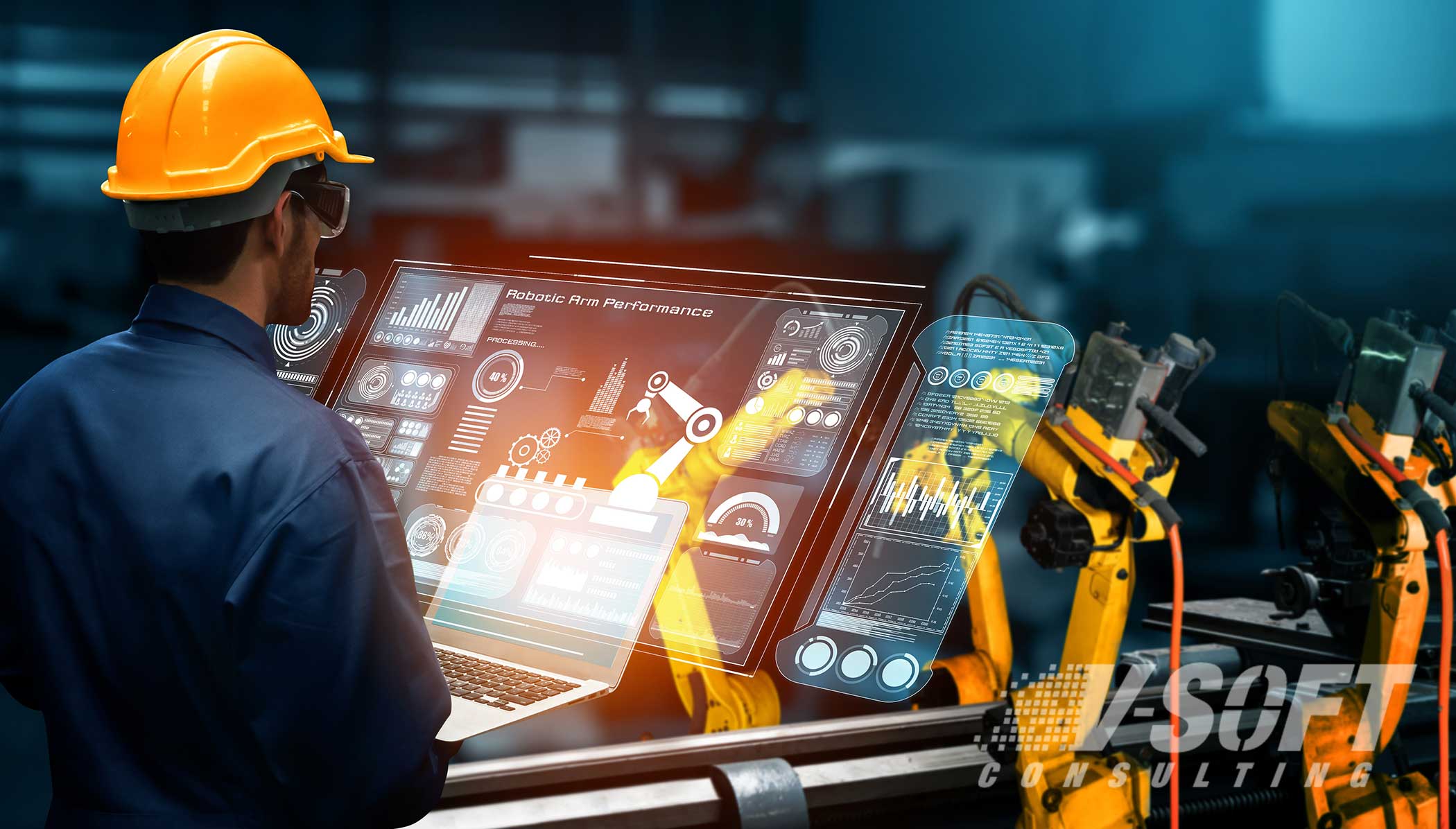AI Technology and Security of Life
Introduction
Artificial Intelligence (AI) has emerged as a transformative force in various aspects of our lives, including the realm of security. The integration of AI technology with security measures has significantly enhanced the protection of individuals, organizations, and even nations. This article delves into the intersection of AI technology and the security of life, exploring the multifaceted ways in which AI is revolutionizing safety and protection.
AI-Powered Surveillance Systems
One of the most prominent applications of AI in security is through surveillance systems. Traditional surveillance methods often rely on human operators to monitor video feeds, making it susceptible to errors and oversight. However, AI-powered surveillance systems are capable of analyzing vast amounts of video data in real time, detecting anomalies, and identifying potential threats with remarkable accuracy. These systems utilize advanced algorithms for facial recognition, object detection, and behavioral analysis, thereby bolstering the overall security infrastructure.

Predictive Threat Analysis
AI technology has enabled the development of predictive threat analysis, wherein machine learning algorithms process diverse data sources to anticipate potential security risks. By analyzing patterns and trends, AI can forecast potential vulnerabilities and preemptively suggest security measures to mitigate these risks. This proactive approach to security not only enhances preparedness but also minimizes the likelihood of security breaches and threats to life and property.

Autonomous Security Measures
In recent years, there has been a surge in the deployment of autonomous security measures driven by AI. This includes unmanned aerial vehicles (UAVs) equipped with AI algorithms for patrolling and monitoring large areas, as well as autonomous ground-based security robots capable of conducting surveillance and responding to security incidents. These AI-driven autonomous systems are instrumental in safeguarding critical infrastructure, public spaces, and high-security facilities, thereby augmenting the overall security of life.

Ethical Considerations and Privacy
While AI technology offers unprecedented advancements in security, its implementation raises ethical considerations and privacy concerns. The use of facial recognition and biometric data in AI-powered security systems has sparked debates regarding individual privacy and civil liberties. Striking a balance between leveraging AI for security purposes and upholding personal freedoms remains a critical challenge that necessitates careful deliberation and regulatory frameworks.

Conclusion
The convergence of AI technology and the security of life represents a paradigm shift in how we perceive and ensure safety. From AI-powered surveillance systems to predictive threat analysis and autonomous security measures, the impact of AI on security is profound. As this symbiotic relationship continues to evolve, it is imperative to navigate the ethical and privacy implications while harnessing the full potential of AI to fortify the security of individuals and societies.










